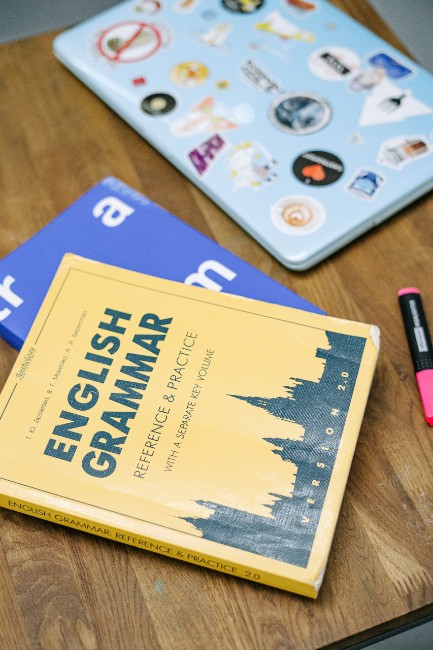
Looking For A Career That Allows You To Use Your Language Skills Daily?
Do you see yourself as a potential bilingual? Or a future polyglot? Or are you just curious about languages? If you responded positively to either of these questions, you could be considering a career that enables you to use your language skills on a daily basis.
If you aren’t already a language enthusiast, there are several arguments why you should be, with employment opportunities being one of the most compelling.
Extra abilities will undoubtedly give you confidence in today’s competitive employment environment. But, in terms of a job, where can languages truly take you? Let’s have a look at how you might be able to find something that allows you to put your language skills to good use!
Language-Specific Careers
1) Translation, Interpreting, and Language Instruction
Let’s start with the most apparent language-related employment. Working in one of these disciplines would be a huge task for any language enthusiast. Because of the rapid nature of interpretation and translation, every day is different. It is necessary to listen to the students in order to measure a language teacher’s success. A degree in your chosen language, a specialist course, or a TESOL certificate are usually required in these sectors. Interpretation and translation need a set of abilities that needs much more than the knowledge of the given subject.
2) Journalism
Journalism entails studying the issue, communicating with people, and collaborating with news organizations. You’ll need language skills for journalism, and you’ll need to practise them regularly. Like many other professionals, journalists make use of their second language skills too. Multinational companies may require copy editors to communicate in many languages. When a book is written in a language that only a few readers understand, it must be made available to everyone. Requirements for writers differ, but while courses in journalism are available, there aren’t that many for ambitious content writers and bloggers!
3) Diplomacy
Diplomacy may be the appropriate job for you if you enjoy working with others. Negotiation, argument, and networking skills are used in diplomacy to persuade other governments and officials to modify their stances. Diplomacy requires the capacity to negotiate and communicate effectively, as well as strong initiative, sound judgment, flexibility, and (naturally) diplomacy.
4) Tourism
The tourism industry covers a diverse range of employment, from hotel management to catering, where you can hone your communication skills and interact with people from all over the world! Qualifications differ according to the career route. You will thrive in hospitality sector if you’re a team player with good communication abilities!
5) Marketing
Introducing a product in a new marketplace is no easy task, thus marketing departments all over the world are in desperate need of colleagues that can connect across boundaries.
How Do You Land a Language-Based Job?
First, ensure that you are working towards fluency in your favourite language. And if you are in Canada and speak a language other than English, it is time you consider learning English because that would open up many avenues. Although not all vocations that employ languages require complete proficiency, it is a good idea to obtain an official language certificate in case it is ever necessary. Why not jump right in if you have the ambition and commitment to obtain a profession that requires the usage of languages? Looking for an English Class? For English as a second language in Calgary, connect with Columbia College.




